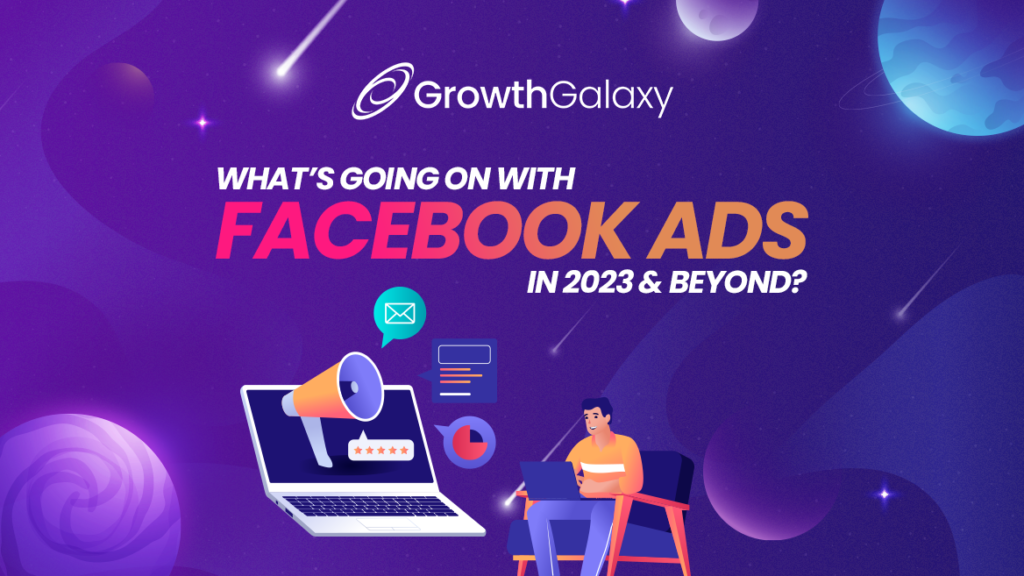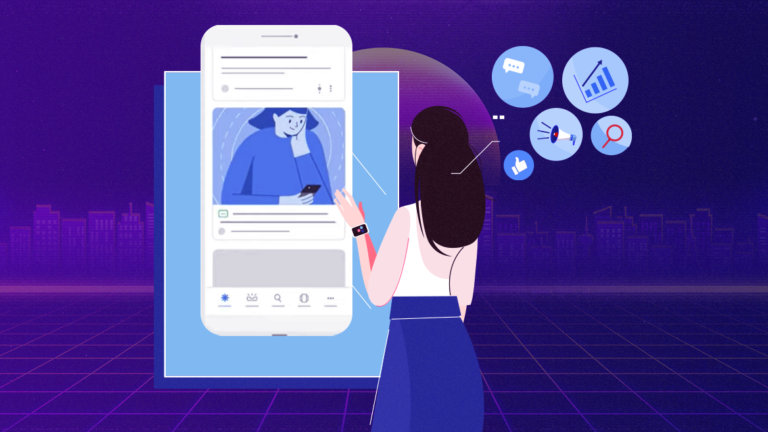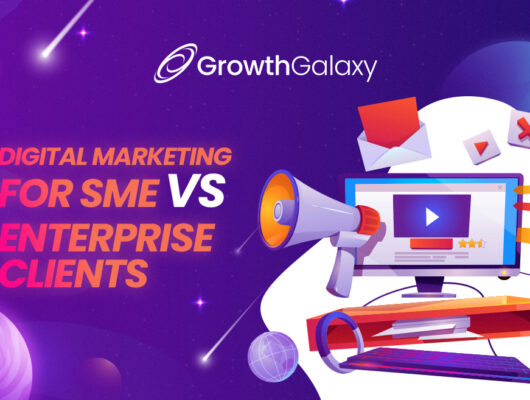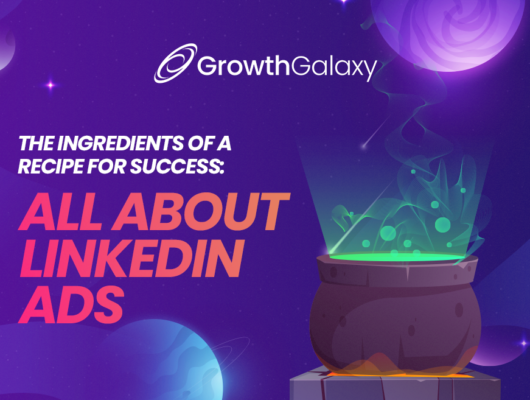
What’s The Zuck up to?
Before we talk about Facebook Ads, let’s talk about the Metaverse and how it plays into Meta’s ads business strategy.
While Meta has invested heavily in VR, it has yet to see significant returns on its investment. Or could it be that their time horizon for a good ROI is way longer than most people imagine?
It’s no secret that the infamous iOS update had a massive impact on Meta’s advertising operation. Apple’s unilateral decision was catastrophic for Meta. There was nothing they could do about it
If only they owned the hardware. That way they could make their own rules.
Many believe that this is one of the main drivers of the push towards the Metaverse. If Meta owns the hardware, and better yet, large swathes of the Metaverse itself, they won’t ever be as vulnerable to another company crippling them again.
Imagine someone puts on a VR headset, goes to an online store, and purchases a product. That whole process is essentially controlled by Meta who’d make damn sure that every possible step is tracked.

This is the future that The Zuck is hoping for
Their Achilles’ heel, tracking and privacy, wouldn’t be an issue at all.
I recommend you watch a really interesting interview a really interesting interview that I recommend you watch between The Zuck and Yuval Noah Harari. Harai is best known for his book ‘Sapiens’ which is 100% a must read for everyone who happens to be a Homo Sapien!
Harai has another book call ‘Homo Deus’ which explores the future of mankind. In it he mentions that Google first digitized information. Facebook first digitized human relationships. The next step is for an entity to digitize the entire world (the Metaverse).
There’s no doubt that The Zuck, a huge fan of Harari, has read that book
The Zuck’s aim is to eventually digitize the entire world, and make an incredible amount of money in the process
Thinking from this perspective, everything they’re doing with the Metaverse makes total sense.

The Audience Puzzle 🧩
Let’s bring it back to the here and now.
Best practices on Meta change extremely fast ⚡️
Currently, the way to win is to use a mix of three types of cold audiences: lookalikes, interest-based, and broad audiences.
The way to run a successful Facebook campaign used to be to pick interest-based audiences, test variations of them, maybe stack other interests, and possibly tailor your messaging to each audience. Rinse and repeat until you get a good amount of conversions, then make a lookalike audience.
Back in the day a purchased-based lookalike was the holy grail 🏆
Sure, you had to get a large volume of purchases (or any conversion) to get there, but once you did you could be sure that this audience would outcompete all others.
Not anymore ❌
Nowadays broad audiences are necessary in every ad account. This is due to limitations in terms of tracking and targeting and also that the Facebook algorithm has improved using the data that it still has access to.
There’s a common misconception that broad audience = showing your ads to random people. That’s not true. It’s also not true that if you have an interest-based audience of people who like any particular interest that Facebook will show ads to random people in that group.
Whenever you have an audience on Facebook, it prioritizes who will see your ads first within that group. So everything now is essentially a lookalike 🧐
Something else people don’t often realize is that whenever you make an audience, that’s a set group of people. So if you make a lookalike and then duplicate it with the same settings, that 2nd audience will be a slightly different group of people. This very confusingly applies to broad audiences as well. Sure, everything is technically in the audience but the people who are “prioritized” by the algorithm in the new audience are different.
So when it comes to cold audiences, even if they start to fail, duplicating and pushing them out again could be the key to success 🔑
As the algorithm continues to evolve, it’s important to stay informed and be willing to adapt your strategy and test new things. With the recent reductions on interest-based targeting features, it’s more important than ever to have a broad audience running.
I know this is all confusing and very “black box”. Unfortunately, that’s the nature of working in paid social nowadays 🤓

Facebook’s PMax: Advantage+
Advantage+ campaigns are conceptually similar to Google’s infamous pMax campaigns: they are both a catch-all campaign that generate conversions, but also spend a lot of the budget on warm audiences without telling you how much by design.
They both reduce the amount of less strategic button clicking 🐒
Of course Facebook is trying to push their new campaign type. Many have observed cheaper CPMs with Advantage+ campaigns (for now) which is similar to how it’s very possible that Google may give pMax better placements to try to compensate for its many shortcomings 🪱
While we have a super clear position on pMax, see our blog article on it, we’re not as sure about Advantage+ yet.
We may end up telling people to take the red pill 🔴 when it comes to Advantage+. Or maybe it’s actually better than current campaign types due to the nature of Facebook’s advertising platform 🤔
So as usual with these kinds of things, keep an open mind but be skeptical especially when listening to the beasts themselves 👹👺

Media Buying Is Becoming More Strategic
Media buying used to be more of a one-dimensional game. Now, media buyers need to take a higher level approach.
In the past media buyers just needed to be button-pushing monkeys 
Now media buyers actually need to know how to market, for starters. Funnily enough, this is a skill that many media buyers totally lack
Media buyers now need to understand how all parts of the digital acquisition puzzle fit together
They need to understand messaging and positioning. They need to understand human psychology 
The best media buyers now can do all of the above and explain things simply. Saying a bunch of buzzwords just makes people’s eyes glaze over. Decision-makers need to understand what the hell is going on in their own language.
Another part of being a more strategic media buyer is looking at what happens past the conversion.
For lead gen, this means understanding sales cycles, pain points that aren’t addressed digitally, having a read on SQLs/MQLs/opps/closed-won/closed-lost, etc.
For e-commerce, this means understanding profit margins, LTVs, repeat purchase rates, doing transactional data analyses, giving input on pricing and packaging, etc.
Media buying now is becoming more like marketing/business consulting than it’s ever been before.
To be frank, many paid social media buyers won’t make this transition and will need to find a new role
On the other hand, the ones that do adapt will be able to provide more value than ever before as a more strategic partner
Enjoying our content?
Join our newsletter 🙂

















